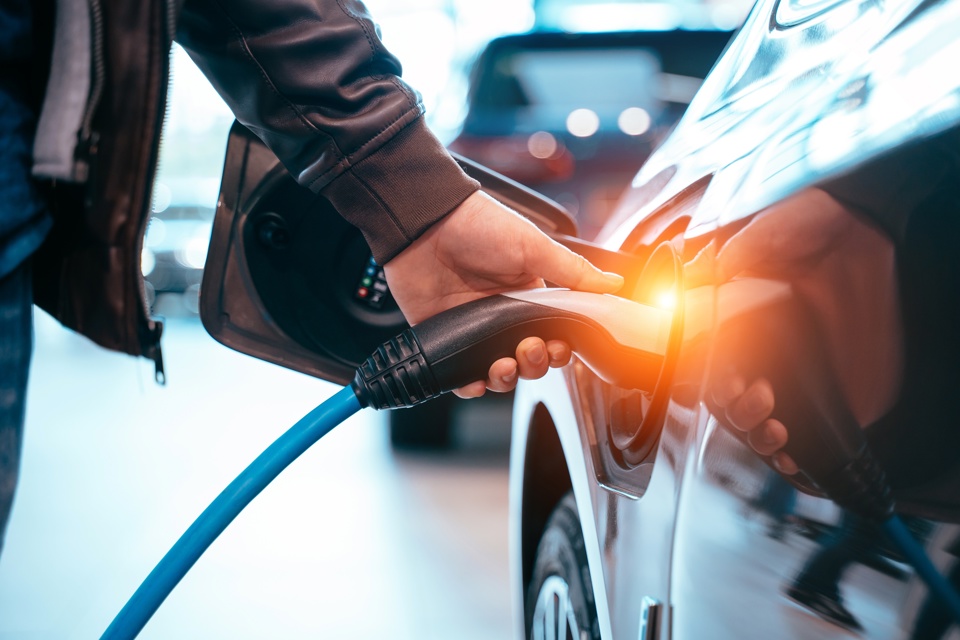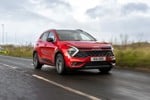Issues relating to the purchase process or the service received from a dealer after buying a car sparked the majority (41%) of consumer complaints about electric vehicles (EV) to The Motor Ombudsman in 2022.
The latest data shows an 8% year-on-year increase in the volume of disputes logged by individuals with The Motor Ombudsman for these concerns.
Bill Fennell, chief ombudsman and managing director of The Motor Ombudsman, said: “What our latest data has also shown, and mirroring last year’s trend, is that customer service and the purchase process have once again proved to be the main bones of contention for EV buyers and owners.
“This means there remains a need for businesses to continue to ensure that their communications, sales and handover processes are comprehensive, fair and transparent.”
More than three-quarters (83%) of EV purchase disputes during 2022 related to a new car. New vehicle delivery delays resulting from supply chain issues and semiconductor chip shortages accounted for more than 10% of customer service and purchase-related disputes.
Other complaints raised by motorists originated from the use of high-pressure sales techniques, and missing vehicle documentation. Inaccurate information provided to consumers, a lack of communication by sellers, as well as customer orders being cancelled by retailers without notice, equally caused dissatisfaction.
The ‘vehicle chassis’ area was responsible for the second largest volume of EV complaints (16%) submitted to The Motor Ombudsman’s dispute resolution service during 2022, equating to a near double increase compared to the previous year (9%). Some of the main problems reported by EV owners came from component defects and faults.
Software and electrical system glitches plagued 14% of those who submitted complaints about an electric car last year, a similar proportion to what was seen in 2021. Inoperative and unusable features, including keyless entry and windscreen wiper washer jets, app and software update failures, and sudden system malfunctions, were some of the difficulties raised by consumers with last year.
Charging, battery and range issues made up the smallest proportion of EV complaints raised in 2022 at just 5% each, while they also posted a decrease versus the figures recorded in 2021 (12%, 6% and 7% respectively). Charging problems were principally orientated around missing or faulty equipment preventing the battery from being replenished. Similarly, achieving a lower-than-advertised range on a full charge, and not being informed by sellers about the potential fall in range due to colder weather and the use of in-car systems, were among the post-purchase frustrations.
Fennell added: “Encouragingly, concerns about electric vehicles, which were brought by consumers to our dispute resolution service in 2022, made up less than 1% of all the contacts received by The Motor Ombudsman.”
EVs comprised 16.6% of all 2022 new car registrations, according to data from the Society of Motor Manufacturers and Traders (SMMT), surpassing diesel for the first time to become the second most popular powertrain after petrol.
While private buyers accounted for more than half of all registrations in 2022, fleets and business buyers accounted for two thirds (66.7%) of all EV registrations.
















Login to comment
Comments
No comments have been made yet.